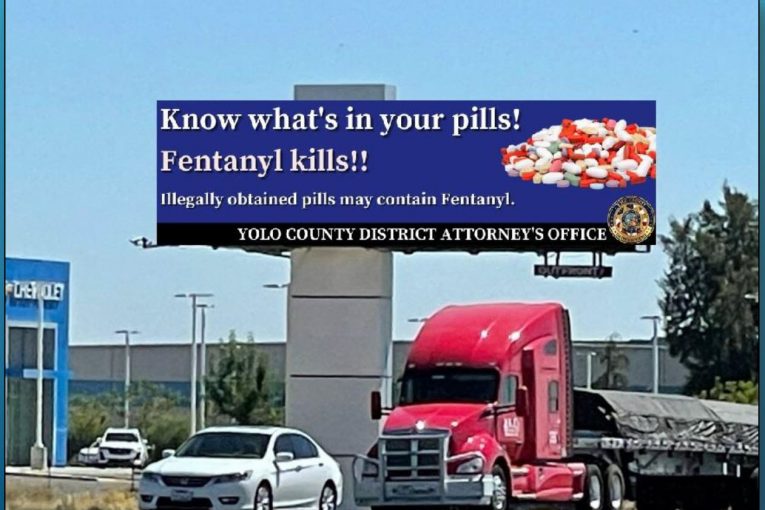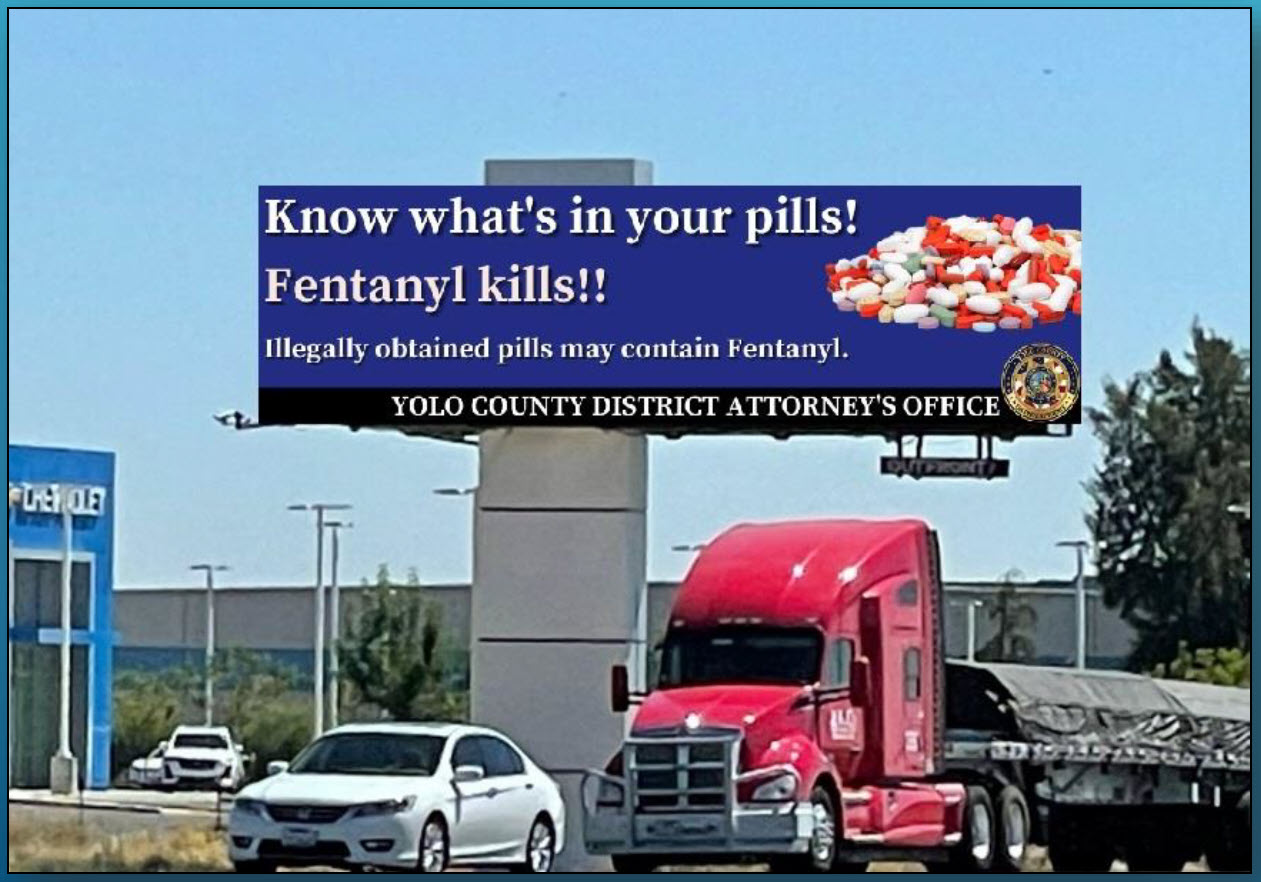
 By David M. Greenwald
By David M. Greenwald
Executive Editor
When San Francisco Mayor London Breed announced a crackdown on drugs in the Tenderloin, there was a lot of focus on shifting politics, but not nearly enough on whether the efforts would make things safer for the residents of the city.
The US is in the midst of an overdose crisis with news breaking last week, that over 100,000 Americans died from overdoses over the past year, which is a rate that is ten times higher than it was in 2000.
“Higher rates of overdose among white individuals in the 2000s and 2010s are thought to be linked to their greater access to opioid medications through the healthcare system,” UCLA Professors Joseph Friedman and Helena Hansen write in a recent Op-Ed in the LA Times. “However, with the Drug Enforcement Administration now heavily cracking down on opioid prescribing, doctors are increasingly hesitant to provide them, and people are turning to the illegal street market for opioids.”
As a result, “That market is filled with extremely potent synthetic drugs made in underground labs and being sold across the country, leading to skyrocketing overdose rates.”
This is a key point that many are missing now—by cracking down on prescription drug abuse, we have not stopped the problem, we have simply pushed the market toward illegal drugs like heroin and, increasingly, fentanyl—drugs are that are cheap, readily available, and because there is no quality control or oversight, increasingly dangerous.
But we continually go for drug enforcement over harm reduction tactics. San Francisco is simply the latest example of that.
Friedman and Hansen note that these policing efforts actually do a lot more harm than good, not only because they push the users into the black market, but by cracking down on street drugs, they also “can disrupt access to trusted suppliers of drugs, as a result promoting the sale of more concentrated, dangerous products.”
This is a point that constantly gets overlooked by the tough-on-crime people. You can’t fight the war on drugs at the supply level, because the demand will remain. By disrupting supply you prevent people from establishing social networks where they purchase their drugs from trusted sources that can ensure products that are relatively safe.
One of the interesting developments has been the fact that overdose deaths are becoming more and more a racial justice issue.
The researchers here note for the first time since the 1990s, “In 2020, drug overdose death rates among Black Americans overtook those of white Americans for the first time since the 1990s, according to our recent analysis of data from the Centers for Disease Control and Prevention. This was a sharp reversal from 2010, when white Americans were over twice as likely to die of overdose.”
The increase in deaths has not been felt equally across all Americans. It was noteworthy, though, that when the problem a few years ago was seen as a white problem, police and experts were focused on health-based solutions, but now that it has shifted they are increasingly looking at this as an enforcement issue.
“Shifting racial trends in overdose reflect the profound ways that race shapes access to drugs, treatment and justice in America. And they add new urgency to the need to address overdose and addiction through a racial justice lens,” Friedman and Hansen write.
They note, “The recent surge of synthetic opioids quickly led to Black Americans in large metro areas having the highest overdose rates in the country, because they have less access to treatment, harm reduction and other resources needed to stay safe when using dangerous drugs.”
This has become a policing issue, because “Black and Native communities, in particular, are highly policed and incarcerated, which creates unique risk for those who use substances. Reducing overdose rates for these communities will very much depend on reforming the criminal system.”
They continue to note: “Black and white people use drugs at similar rates, yet Black individuals are many times more likely to be incarcerated for it. While in jail or prison, people lose their tolerance to opioids and upon release are more susceptible to overdose. Prison is destabilizing, and those released often find themselves cut off from their social networks, scrambling to find housing and employment with a criminal record and with virtually zero treatment for their addiction.”
Incarceration makes things worse as it interrupts healthcare, terminating things like Medicaid access, “and restarting it can be difficult, further disrupting addiction and mental health treatment.”
Harm reduction approaches are the better course than more enforcement—these include treatment, housing, education, and jobs. San Francisco, like countless other cities, has been chronically short on treatment beds for the thousands of people who suffer from homelessness, addiction, and mental illness.
The problem, as DA Chesa Boudin correctly points out, is “we can’t arrest and prosecute our way out of problems that are afflicting the Tenderloin.”
He added, “Arresting people who are addicted to drugs, jailing people who have mental health struggles, putting folks who are vending hot dogs or other food on the streets in cages will not solve these problems, and they are certainly not the only tools available.”
We have already made a bad opioid problem far worse by cracking down on relatively safe prescription drug abuse and forcing people in much more dangerous fentanyl use. Now we want to compound that by increasing enforcement, primarily in low income areas and communities of color where the people lack the resources to get the healthcare they need to get treatment.


Why?
They are already in the black market.
Trusted suppliers, like drug dealers that they trust?
That’s already going on — are y’all suggested the ‘trusted’ illegal drug dealers be given a ‘pass’ — because they are so caring?
is . . .
We were talking about cleaning up a neighborhood besieged by illegal drug use, not winning the war on drugs.
Trust — say it twice in relation to drug dealers and they seem downright angelic.
Key word here: realtively
Another interesting development has been the fact that everything today is a racial justice issue. Just Google “X is racist”. Fill in anything, anything at all. Check and Mate.
The first time you say? So up until 2020, we weren’t racist, because more white people died of overdoses. Got it.
So we were doubly half-as-less racist in 2010. We sure have gotten racist recently. In the drug overdose department.
“we can’t arrest and prosecute our way out of . . . X”. Social justice random sentence generator, in which X is anything and everything.
No one should be arrested for being addicted to drugs, only for what they do (often because of the drugs). Example: an alcohol addict shouldn’t be arrested for drinking. They should be charged with vehicular manslaughter if they drive drunk and run head-on into a carload of children.
“Mental health struggles” is a pretty broad term, so the circumstances vary.
Not sure how we got from drug addiction to selling hot dogs, but as stated, I agree with that sentence.
True. But they are some of the tools available.
Enforcement is about cleaning up the neighborhood, not about fixing people via ‘harm reduction’. Two very different things. And among those harm reduction tools:
It’s magic. You go to treatment, and you’re cured of addiciton! And spelling errors!
You get a house, and you get a house, and you get a house!
If only America offered free education to everyone under 18, what a wonderful country it would be.
You get a job, and you get a job, and you get a job!
Or, as those mean caricatures of Republicans say: GET A JOB!
“Enforcement is about cleaning up the neighborhood, not about fixing people via ‘harm reduction’. ”
I would argue you can’t clean up a neighborhood without addressing the underlying problems.